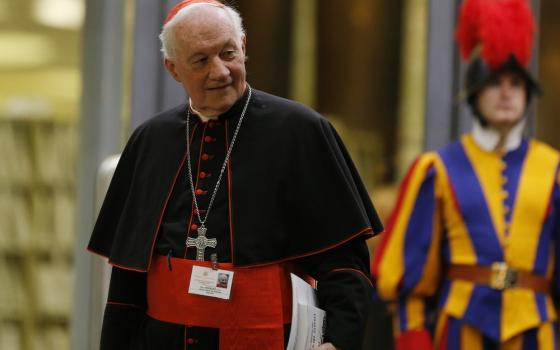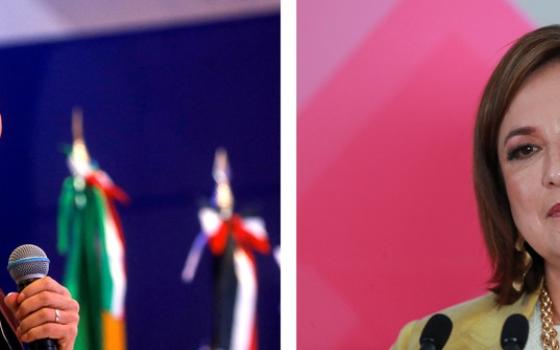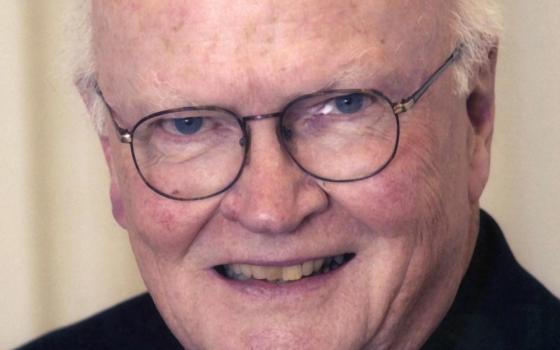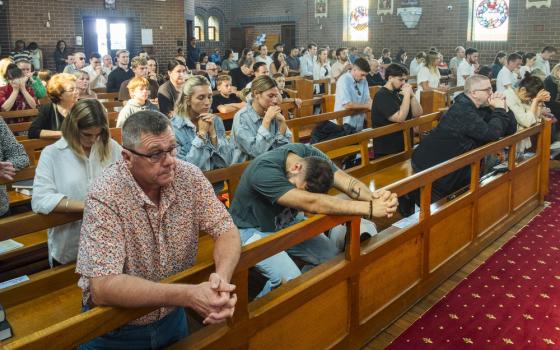
WASHINGTON -- Catholic and other Christian health care providers got their day in Congress on Wednesday at a hearing Republicans called to denounce an Obama administration rule that requires insurers to cover contraception.
The rule, part of the health care reform bill passed last year, is scheduled to take effect next August, and mandate coverage for a bevy of services that proponents say will dramatically improve women's health, including contraception and screening for gestational diabetes and domestic abuse.
But several religious groups decried what they described as the federal trampling on their "rights of conscience" if they are required to offer insurance plans that cover morally objectionable services.
"Until now, federal law has never prevented religious employers, like the Archdiocese of Washington, from providing for the needs of their employees with a health plan that is consistent with the church's moral teachings," said Jane G. Belford, chancellor of the Roman Catholic Archdiocese of Washington.
One of every six hospital admissions in the United States is to a Catholic hospital, according to the U.S. Conference of Catholic Bishops. Catholic teaching rejects artificial contraception as immoral.
Republican lawmakers, both Catholic and non-Catholic, blasted the Obama administration for writing a rule that they say forces health care providers to choose between the law and their faith.
"Groups who have for centuries cared for the sick and poor will now be forced to violate their religious beliefs if they want to continue to serve their communities," said Rep. Joseph R. Pitts, R-Pa., a Protestant who chairs the health subcommittee of the House Energy and Commerce Committee.
Opponents of the new rule are pursuing several avenues to change it, including legislation that would make it far easier for employers to opt out of parts of the mandated coverage. When asked if they would cease insuring their employees if the new rule stands, leaders of several religious organizations said they would not, but also would not cover services that conflict with their religious principles.
Although federal and state laws exempt individual health care workers from participating in some procedures or services that contradict their religious convictions, the new rule would impact religious institutions that provide insurance to employees -- from hospitals to universities to charities.
Democrats on the subcommittee argued that under the new rule, individuals' conscience rights remain intact.
"This issue of conscience is so important," said Rep. Jan Schakowsky, D-Ill. "I consider it as an individual right."
Voicing his support of the new rule, Catholics for Choice President Jon O'Brien, said Catholics can wholeheartedly support the mandate, and should reject the church's stance as unrepresentative and unfair to poor women who want and need the covered services.
"Having failed to convince Catholics in the pews, the United States Conference of Catholic Bishops and other conservative Catholic organizations are now attempting to impose their personal beliefs on all people by seeking special protection for their 'conscience rights,"' O'Brien said.
"They claim to represent all Catholics when, in truth, theirs is the minority view."
O'Brien's testimony sparked a stinging rebuke from Rep. Tim Murphy, a Catholic Republican from Pennsylvania, who argued that widespread support for an immoral practice does not make it moral, whether it's birth control or slavery.
"Conscience, sir, is not convenience," Murphy told O'Brien.
The new rule does provide a religious exemption -- but it seemed to please no one in the hearing room.
Nonprofit religious organizations that primarily employ and serve people who share the group's religious beliefs do not have to cover services they find objectionable on religious grounds, according to the Department of Health and Human Services.
For many rule proponents, the exemption should not exist. For those opposed to the rule, it is far too narrow.
"The potential 'religious exemption' in the contraception mandate -- exempting only a nano-sector of 'religious employers' from the guidelines -- is meaningless to conscientiously objecting health care professionals, insurers and patients," said Christian Medical Association CEO David L. Stevens.
"There is no escape from the HHS mandate," echoed Bill Cox, president of The Alliance of Catholic Health Care, which represents four California hospital systems.
Dr. Mark Hathaway, who works at Washington Hospital Center, a few miles from the hearing room, told the committee the reach of the new rule is a "breakthrough" for millions of women who can't afford contraception, and who are not physically, emotionally and financially prepared for an unplanned pregnancy.
"Finally," Hathaway said, "all women will gain access to insurance coverage of family planning services regardless of income."
Wednesday's hearing was the second time in a week that Catholic leaders warned Congress about threats to religious institutions. Last week, the bishops' new point man on religious liberty said churches are being squeezed out of adoption and foster care services because of their opposition to same-sex marriage or civil unions.



